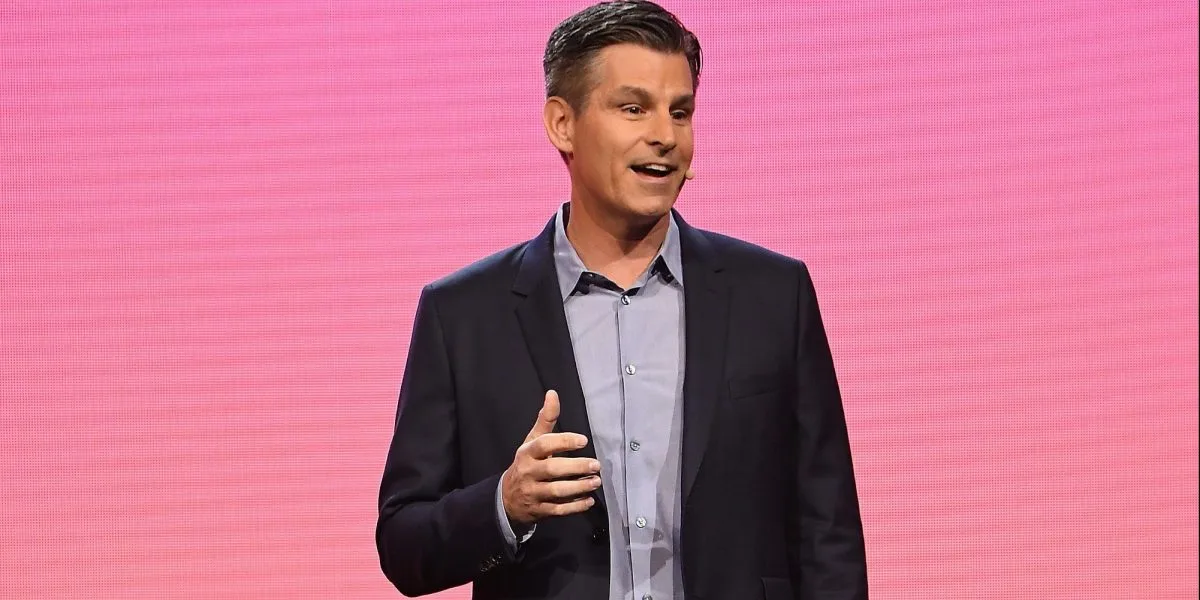Amazon exec says it’s time for workers to ‘disagree and commit’ to office return — “I don’t have data to back it up, but I know it’s better.”
Amazon exec says it’s time for workers to ‘disagree and commit’ to office return — “I don’t have data to back it up, but I know it’s better.”

fortune.com
Amazon exec says it’s time for RTO: ‘I don’t have data to back it up, but I know it’s better’

Amazon exec says it’s time for workers to ‘disagree and commit’ to office return — “I don’t have data to back it up, but I know it’s better.”::“We’re here, we’re back. It’s working,” an Amazon Studios head said in a meeting, before acknowledging a lack of evidence.